Undergraduate Major Programs
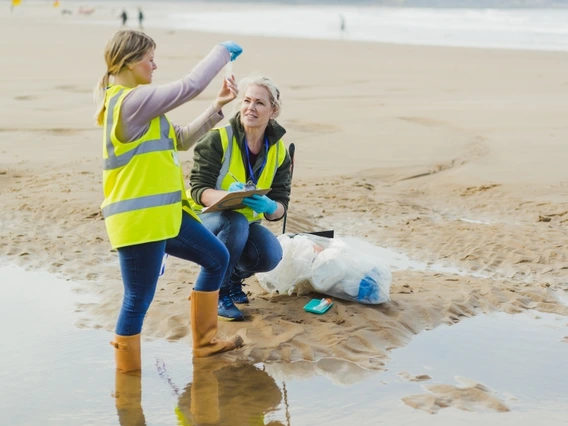
Natural Resources
Conservation Biology Emphasis
Study conservation of invertebrates, vertebrates, plants, fungi, microbes and scientific disciplines through coursework in policy, planning, and economics while acquiring highly desirable science and social-science skills and real-world experiences to pursue a career as a conservation biologist, conservation planner, environmental educator, researchers natural resource managers, or ecologist.
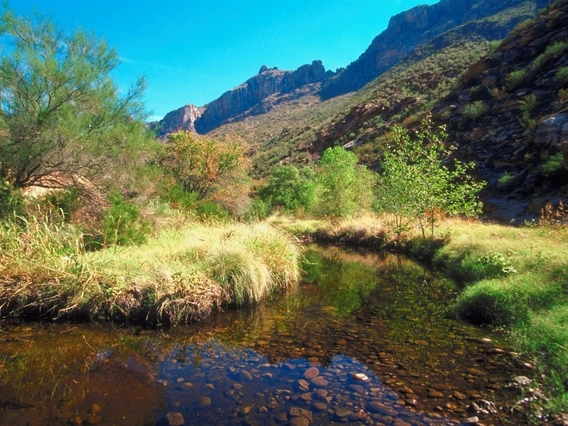
Natural Resources
Ecology, Management and Restoration of Rangelands Emphasis
Rise to the challenge of sustainably repairing and responsibly managing ecological systems with this degree, which focuses on resource management and restoration by building a strong foundation in the biological, physical, ecological and botanical sciences and field courses, internships, lab work, and opportunities to join research and restoration projects.
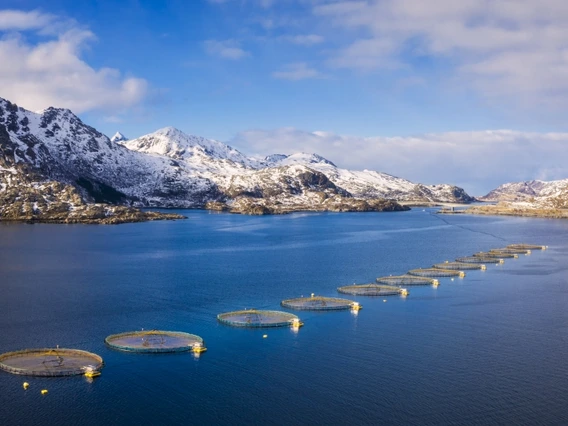
Natural Resources
Fisheries Conservation and Management Emphasis
Prepare for a career as a fishery biologists who develops strategies to maintain biodiversity and habitat, helps rare and endangered species to recover, manages populations of harvested animals, enforces laws, monitors plant and animal populations, manages refuges and hatcheries, designs and implements research projects, eliminates invasive species, develops computer models, and educates the public.

Natural Resources
Global Change Ecology and Management Emphasis
Gain understanding of biological and physical sciences, conservation law, socioeconomics, and new technologies for geospatial mapping and remote sensing while cultivating leadership, problem-solving, collaboration, management, and critical thinking skills to prepare for a career as a natural resource scientist, manager, and leader ready to address evolving management changes in the face of global change.

Natural Resources
Watershed Hydrology and Management Emphasis
Prepare for a career as a hydrologist or careers in organizations and businesses concerned with integrated land management, the environment or water resources with specialized coursework in ecology, ecosystem science, social science, communication, policy analysis, and the management of surface water resources.
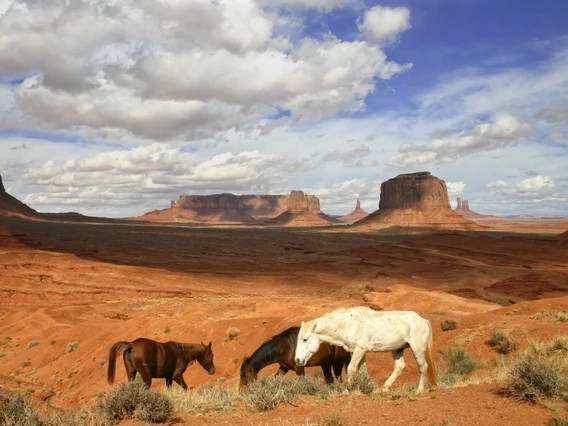
Natural Resources
Wildlife Conservation and Management Emphasis
Prepare for a career as a wildlife or fishery biologist, develop strategies to maintain biodiversity and habitat, help rare and endangered species recover, manage populations of harvested animals, monitor populations of plants and animals, manage refuges, implement research projects, eliminate invasive species, and educate the public.

Physics
Study topics including computational physics, electricity and magnetism, quantum theory, and scientific computing. Calculus and other advanced math courses develop critical thinking and reasoning skills for your future career. Graduate ready to pursue an advanced degree or enter the job market in lab or research settings in both public and private sectors.

Statistics and Data Science
Prepare for a career in analytics, risk assessment, finance, and other math- and science-related fields or graduate degrees. Courses in probability, statistics, data science, and computer programming establish a solid mathematics foundation and focus on the capture, maintenance, processing, analysis, and communication of data. Undergraduates also must complete a minor outside the Department of Mathematics.
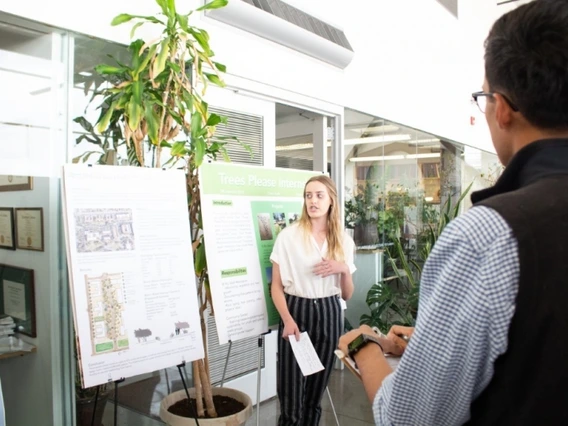
Sustainable Built Environments
Learn solutions-based environmental design, planning, and management practices to create more sustainable built environments with your own specialized focus area. Courses span the subjects of architecture, landscape architecture, urban planning, real estate development, and heritage conservation, preparing you for a career in urban agriculture, sustainable development and construction, and adaptive building use and preservation.
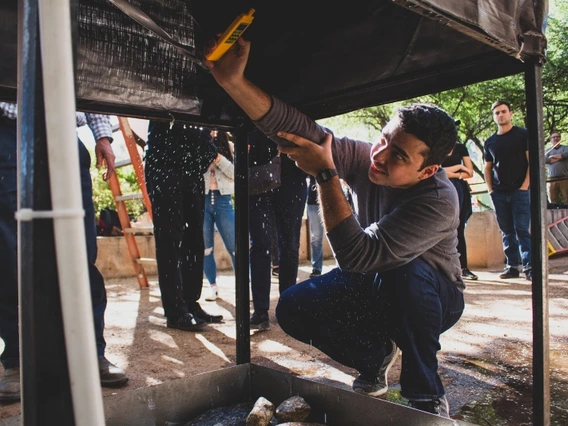
Sustainable Built Environments
Sustainable Buildings Emphasis
Hands-on coursework in climate-responsive and net-zero energy design, energy conservation, passive solar design, and natural ventilation systems teaches you to analyze existing and planned structures, apply solutions-based strategies to create workable plans to make buildings more efficient. Graduate with a practical understanding of sustainability and expertise in built environment policy and design.
Pagination
- First page
- …
- 2
- 3
- 4
- …
- Last page
Environmental Themes
Career Fields












